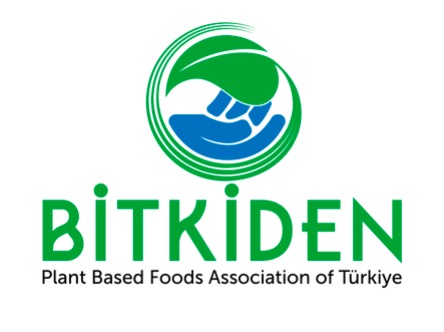Dictionary
Carbon Footprint - The total greenhouse gas (GHG) emissions caused directly or indirectly by a person, organization, event, or product. It is calculated by adding up the emissions from every stage of a product or service's life cycle (material production, manufacturing, use, and end-of-life). Throughout a product's service life or life cycle, different greenhouse gases such as carbon dioxide (CO2), methane (CH4), and nitrous oxide (N2O), each with varying abilities to trap heat in the atmosphere, can be emitted.
https://css.umich.edu/publications/factsheets/sustainability-indicators/carbon-footprint-factsheet
Carbon Neutral - It was selected as the word of the year in the New Oxford American Dictionary in 2006. It means to balance the greenhouse gases released into the atmosphere as a result of activities carried out and to have zero emissions.
https://sustainable.org.nz/learn/tools-resources/glossary-of-sustainability/
Circular Economy - It is a production and consumption model that involves sharing, renting, reusing, repairing, refurbishing, and recycling existing materials and products for as long as possible. This extends the life cycle of products.
https://www.europarl. europa.eu/news/en/headlines/economy/20151201STO05603/circular-economy-definition-importance-and-benefits
Climate Change - It is a long-term change in global weather patterns or average temperatures. Scientific research shows that the rate of temperature increase since the Industrial Revolution has been extremely high when compared to climate change patterns throughout world history. Rising temperatures can lead to extreme weather conditions such as drought, rising sea levels, and retreating glaciers.
https://sustainable.org.nz/learn/tools-resources/glossary-of-sustainability/
Flexitarian - It is a combination of the words “flexible” and “vegetarian” and is primarily used to describe people who are not vegetarian but occasionally eat meat or fish.
https://www.frontiersin.org/articles/10.3389/fnut.2016.00055/full#B1
Flexitarian (or flexible) Diets - Primarily vegetarian, but occasionally includes small amounts of meat, dairy products, eggs, poultry, and fish.
Food Safety - It concerns the transportation, storage, and preparation of food to prevent foodborne illnesses and help ensure that foods contain sufficient nutrients for healthy nutrition.
https://www.fao.org/3/a0104e/a0104e08.htm
Food Sovereignty - The right of people to access healthy and culturally appropriate food produced using ecologically sound and sustainable methods, and the right to define their own food and agricultural systems.
https://www.sdfoundation.org/news-events/sdf-news/what-is-food-sovereignty/
Global Warming - The long-term warming of the Earth's surface observed since the pre-industrial period (between 1850 and 1900) is primarily due to human activities, particularly the burning of fossil fuels, which increases the levels of greenhouse gases that trap heat in the Earth's atmosphere.
https://climate.nasa.gov/global-warming-vs-climate-change/
Green Deal - It is an agreement that aims to ensure the European Union uses its resources in a modern, competitive, and efficient manner to combat the threats of climate change and environmental degradation that threaten the world. The EU is regulating its climate, energy, transport, agriculture, industry, environment and oceans, innovation, and taxation policies to achieve net-zero greenhouse gas emissions by 2050 and reduce greenhouse gas emissions by 55% compared to 1990 levels by 2030.
https://ec.europa.eu/info/strategy/priorities-2019-2024/european-green deal_en#highlights
Stay Updated on the Latest Developments!
Subscribe to Bitkiden.org.tr's e-newsletter and discover all the colors of plant-based living!
